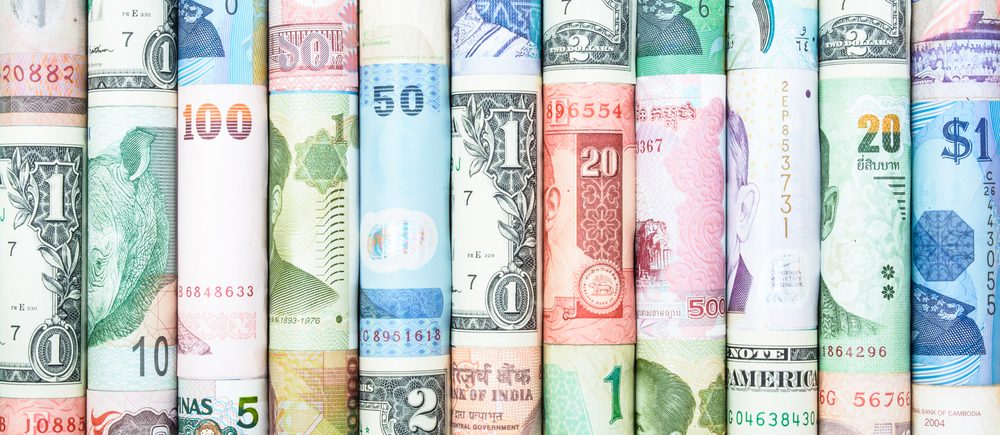The euro held at a 15-year high against the yen on Thursday thanks to signs of continued inflation in Europe, while the dollar came under pressure ahead of consumption, inflation and jobs data that may provide new evidence of slowing economic growth.
Data on Wednesday showed that the annual inflation rate in Germany and Spain barely slowed in August, contrary to expectations.
Traders believed that this increased the chances of raising interest rates in Europe next month, and they began to buy the euro, which rose 0.4 percent to $1.0923.
The euro stabilized in early Asian trading and is now rising for three consecutive sessions against the dollar and five consecutive sessions against the yen, reaching its highest level in 15 years at 159.76 yen.
The pound sterling also rose alongside the euro, and maintained its recent gains, recording $1.2713.
China’s Purchasing Managers’ Index (PMI) data, which will be released later on Thursday, is expected to be weak, leading to little change in the yuan in early external trading.
Also released on Thursday are inflation data across Europe, as well as data on core personal consumption expenditures in the United States, which is the Federal Reserve’s preferred measure of inflation.
US jobs data is scheduled to be released tomorrow, Friday. The dollar was under pressure after data such as job vacancies and private sector jobs indicated weakness this week.
The dollar index has fallen by 1 percent since the beginning of the week, while traders believe that raising US interest rates may have stopped. The index is still up more than 1 percent in August.
The New Zealand dollar briefly rose above $0.60 and then hit $0.5953 on Thursday, while the Australian dollar settled at $0.6418. Both have been hit hard by fears of a worsening Chinese economic slowdown, and are on track to record their worst monthly decline since February, at rates of more than 3.5 percent.
The yen’s performance was also weak this month, as it fell 2.6 percent against the dollar, while investors expect interest rates to remain low in Japan and high in the United States.
The yen stabilized as traders worried about the risk of official intervention from the state, and recorded in the latest transactions 146.07 to the dollar.
 Noor Trends News, Technical Analysis, Educational Tools and Recommendations
Noor Trends News, Technical Analysis, Educational Tools and Recommendations





